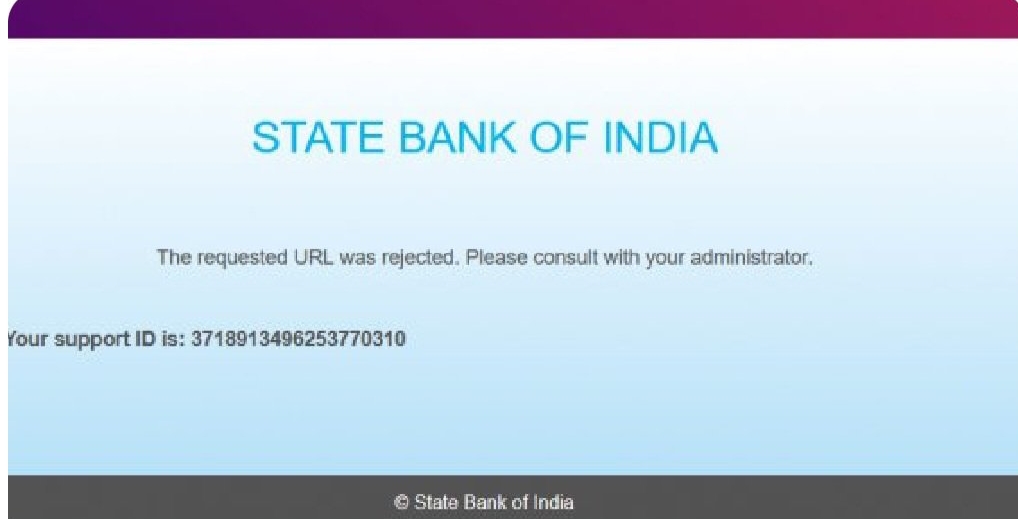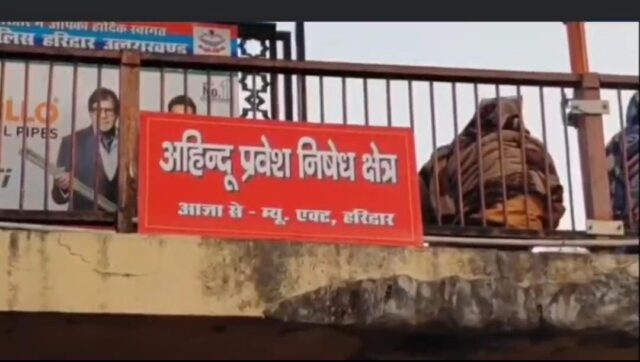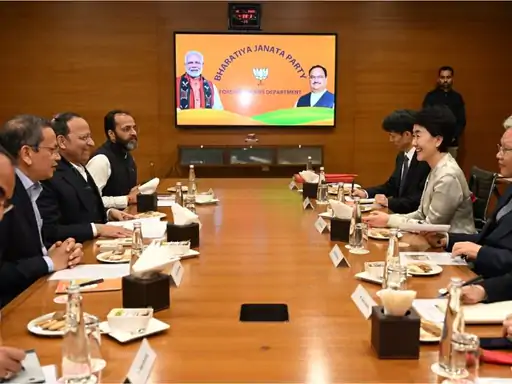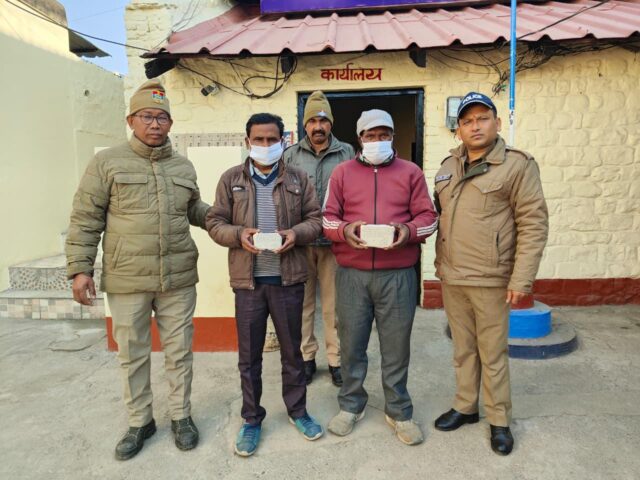State Bank of India deleted documents related to electoral bonds from its website

State Bank of India (SBI) has removed documents related to electoral bonds from its website. This development has come to light at a time when the bank has sought time till June 30 to submit details of electoral bonds encashed by political parties.
According to the report, the links or webpages that are missing from the SBI website include webpages containing operating guidelines for donors and frequently asked questions or FAQs.
The document titled Guidelines for Donors was originally a gazette notification, which was issued on January 2, 2018. It contains basic information such as who can buy electoral bonds, in what denominations electoral bonds were available, what documents were required to buy electoral bonds, how to buy the bonds (through NEFT, online transactions etc.) and the details for purchasing the bonds. Which branches of SBI are authorized etc. were recorded.
At the same time, in the FAQ section, SBI had given basic information related to electoral bonds like KYC requirements and citizenship proof required for purchasing the bond etc. The deleted documents were shared on social media platform X (formerly Twitter) by senior journalist Nitin Sethi and another social media user @Indian_nagrik.
All the PDFs related to #ElectoralBonds are removed from the SBI website.@TheOfficialSBI should come up with an explanation. pic.twitter.com/0cAEwsG2Hy
— Kapil (@kapsology) March 7, 2024
It is noteworthy that the Supreme Court had ordered the country’s largest government-owned bank to release the details of all the electoral bonds purchased by March 6. According to the data, including the latest tranche of bonds, a total of electoral bonds worth Rs 16,518.11 crore have been sold by SBI.
According to a report published by The Reporters Collective, SBI has given crucial data related to electoral bonds to the Modi government and the Finance Ministry, on some occasions even within 48 hours. It is difficult to accept the contention of the Bank in the light of the fact that it would take several months to submit the details related to the bonds.
For example, documents obtained by Reporters Collective show that SBI collected data on electoral bonds from across the country and informed the Finance Ministry within 48 hours of the end of the deadline to redeem the bonds. The report said that the bank shared such information with the ministry after every window period of the sale. The Collective has verified such messages being sent till the year 2020.
Interestingly, the report states that the work related to electoral bonds – from printing to encashment – was handled by a specific team of SBI, which was earlier called the Transaction Banking Unit (TBU). This team has on several occasions collected information for the government at short notice and informed Finance Ministry officials about trends in electoral bonds.







